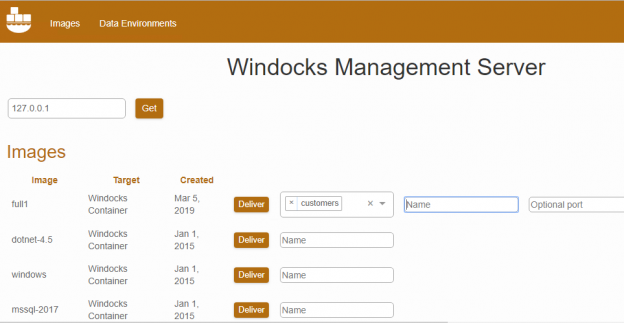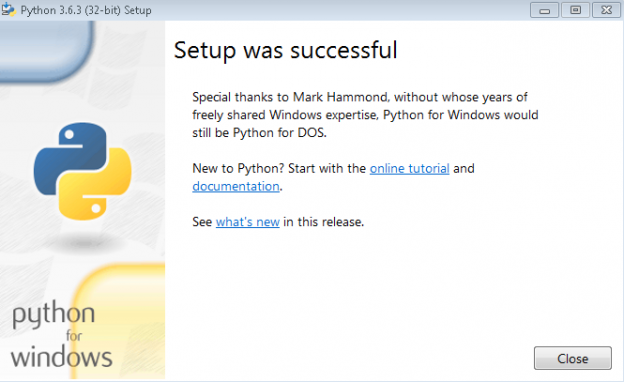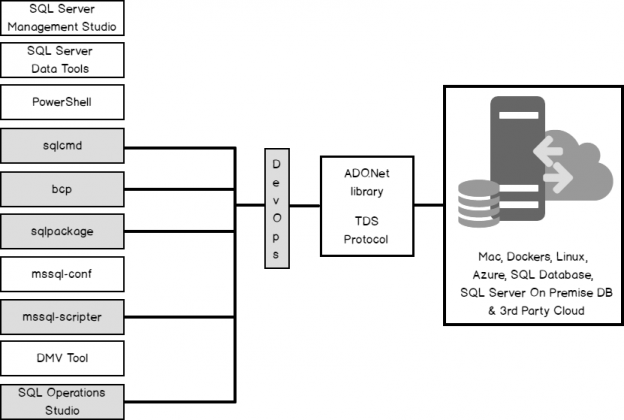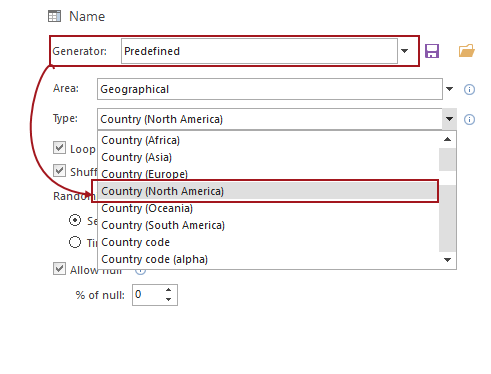Introduction
Today, with DevOps, the need for database cloning is urgent. The development and testing process is shorter and it is required to work and test the data faster.


Today, with DevOps, the need for database cloning is urgent. The development and testing process is shorter and it is required to work and test the data faster.


One of the major challenges we face today, in the software development lifecycle, is with respect to development and deployment. As applications are deployed by moving various pieces of the SQL code between several versions, configuration, different editions, and sometimes even different platforms, deployment becomes daunting. In my opinion, scripting helps a lot and can really “grease the wheels” with addressing many scenarios that involve such complexity.
The importance of database level scripting is high, but it is getting easier by the day. Scripting is a process of generating a text file that contains the data structures and data from the database objects.
So, do we have a SQL native tool which serves the various purposes and usage? In some cases, the answer’s a yes, and in others, it’s a no.
Read more »

A little curiosity on my part led me to research a little further on the available pieces of SQL Server Tools. A cross-platform tool for continuous integration and deployment, called SqlPackage, is part of SQL Server Data Tools. I picked it up because continuous integration, delivery and deployment are now must-have in the modern-day application development paradigm.
We’d talk about the following in this article:


This article is part of the SQL Server Tools series, aimed at giving you an idea of the available tools and techniques to build applications using SQL Server tools. The first article of the series covers the rudimentary DevOps concepts and discusses on a high level, the overview of SQL Server tools that can be piped for DevOps operations.
Read more »

Static data (aka Code, Lookup, List or Reference data), in the context of a relational database management system, is generally data that represents fixed data, that generally doesn’t change, or if it does, changes infrequently, such as abbreviations for US states for example e.g. ME, MA, NC. This data is typically referenced, extensively, by transactional type data. For example, an customer table would have references to static table for City name, State or province, Country, Payment terms e.g. NET 30 etc.
Read more »© 2025 Quest Software Inc. ALL RIGHTS RESERVED. | GDPR | Terms of Use | Privacy